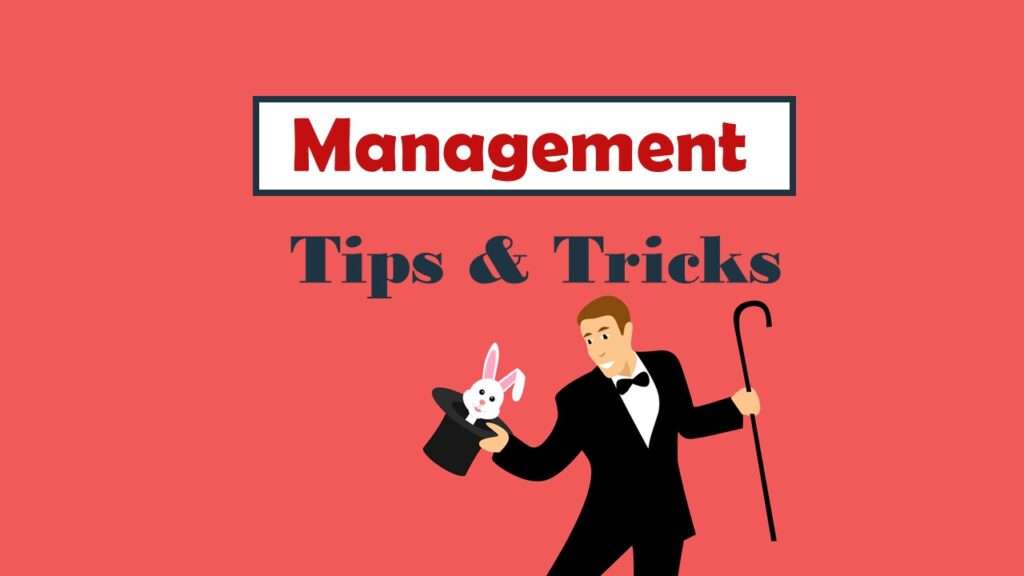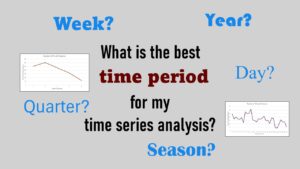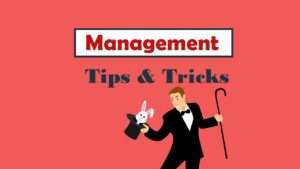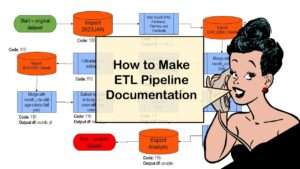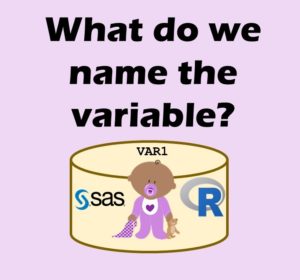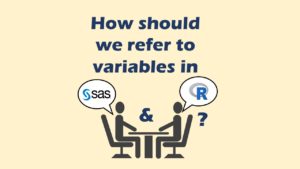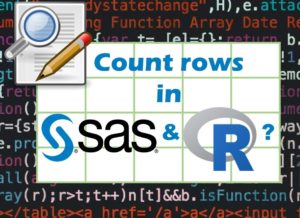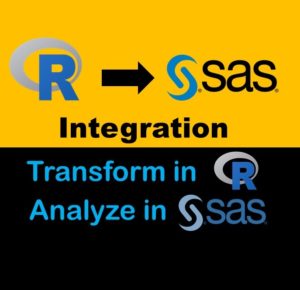Management tips are useful for anyone, but they can be especially helpful for data scientists. Data scientists have the unique challenge of trying to communicate to their superiors and peers about data – which is very hard to talk about. The field of data science often attracts introverts who prefer to avoid communication. Then, when forced to communicate with data – especially with non-technical managers – there are foreseeable obstacles.
Management Tips for Work and Personal Life
At our recent mentoring program meetup, I went over some management tips I had collected over the years that I have found helpful for communicating in data science. Some of these management tips are easy to apply right away, but others involve skills you have to actually practice to gain. I will summarize a few of them here.
Management Tips for Communication – Logos vs. Pathos
First, I defined logos vs pathos communication. Logos communication means communication about facts that are cut and dried, like specific times, dates, or places. On the other hand, pathos communication is laden with emotion.
Next, I defined synchronous communication – which is communication between people that is happening simultaneously, such as having a meeting, or talking on the phone or through videoconference. This is opposed to asynchronous communication, where one person sends a message, and another responds. This is the situation with e-mail, texting, and messaging boards.
Third, I went on to explain that logos messages are best delivered asynchronously, and pathos messages should be delivered in synchronously. In fact, if pathos messages show up in an asynchronous medium (such as along an e-mail chain), unless you switch to synchronous communication, the issue will likely not got resolved.
Conversation Getting Heated? Try Active Listening!
Management tips that you can you use in your personal life include building the skills involved in “active listening”. If you use active listening skills when conversing with another person, they feel heard and validated. Active listening forces you to actually listen to what someone else is saying when they are talking, and not zone out while thinking about what you are going to say next. Instead, when they are done talking, you should try to reflect back to them what you understand of what they just said – especially about how they feel, or why they are behaving the way they are.
If You or Someone Else is Grouchy….HALT!
The HALT principle is a set of management tips that can be applied to adults or children, anywhere, at any time, when someone is being grouchy, or just generally feeling in a bad mood. The goal is to find the source of the bad mood. The word “halt” literally means, “stop” – meaning that the first thing you should do is stop and think about the reason for the bad mood.
HALT is also an acronym which stands for Hungry, Angry, Lonely and Tired. So if someone is grouchy (including you), stop and ask:
- Are they grouchy because they are hungry? Because if they are, the solution is easy – feed them.
- Are they grouchy because they are angry about something in particular? Then you can devote attention to talking about that particular topic.
- Are they grouchy because they are lonely? If so, you can help them seek out some activity that will make them feel less lonely.
- Are they grouchy because they are tired? If so, you can help arrange for them to get some rest.
Negotiate Win-Win Solutions by Focusing on Interests
I learned a whole boatload of management tips when I read the book, “Getting To Yes” by Roger Fisher and William Ury. The entire book (which is short and very readable) talks about how to improve your negotiation skills. I realized back when I originally read the book that we use negotiation skills more often than we realize in daily life and interactions with family and friends. So after I adopted those management tips from this book, I saw my ability to have successful negotiations and win-win situations greatly increase.
An excellent point that resonates throughout the book is that when negotiating, it is best to focus on “interests”, which are the goals, wants, needs, and desires behind the negotiation – not the actual subject of negotiation. I gave the example that when I moved from Florida to Boston and wanted to sell my car, my interest was to sell it fast – I wasn’t trying to make money on it. However, other people selling their cars might have an interest in making money, or in ensuring that it goes to just the right owner. If individuals in a negotiation declare their interests up front, then it can be very easy to craft the terms of the negotiation.
The Power of “I” Statements
Have you ever thought of how you feel when someone talks to you with sentences starting with the word “you”, such as: “You are behind in your work, and now you are delaying all of us”? It’s hard not to feel attacked if someone comes at you with a bunch of “you” sentences all at once.
However, if you restate these sentences starting with “I”, you can immediately grasp the power of an “I” statement: “I am getting delayed because my work depends on yours, and the work I need to be completed from you so I can do my work is not yet done.” It forces you to own what you are saying, rather than shove it off onto the other person, as if it is their fault that you feel the way you do about the situation.
Updated March 23, 2023. Revised banners June 18, 2023.
Read all of our data science blog posts!
Management tips for data scientists can be used by anyone – at work and in your personal life! Get the details in my blog post.

